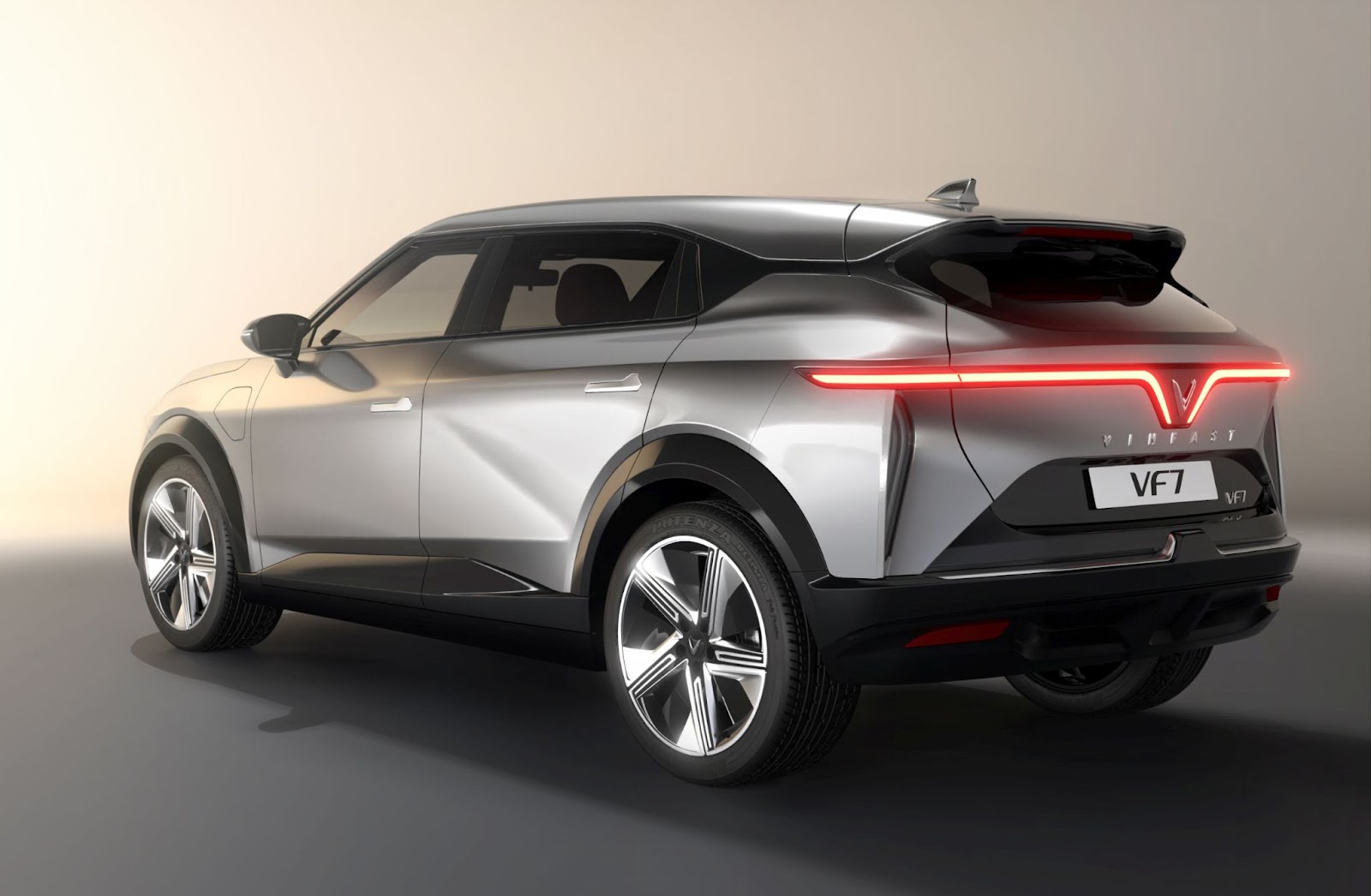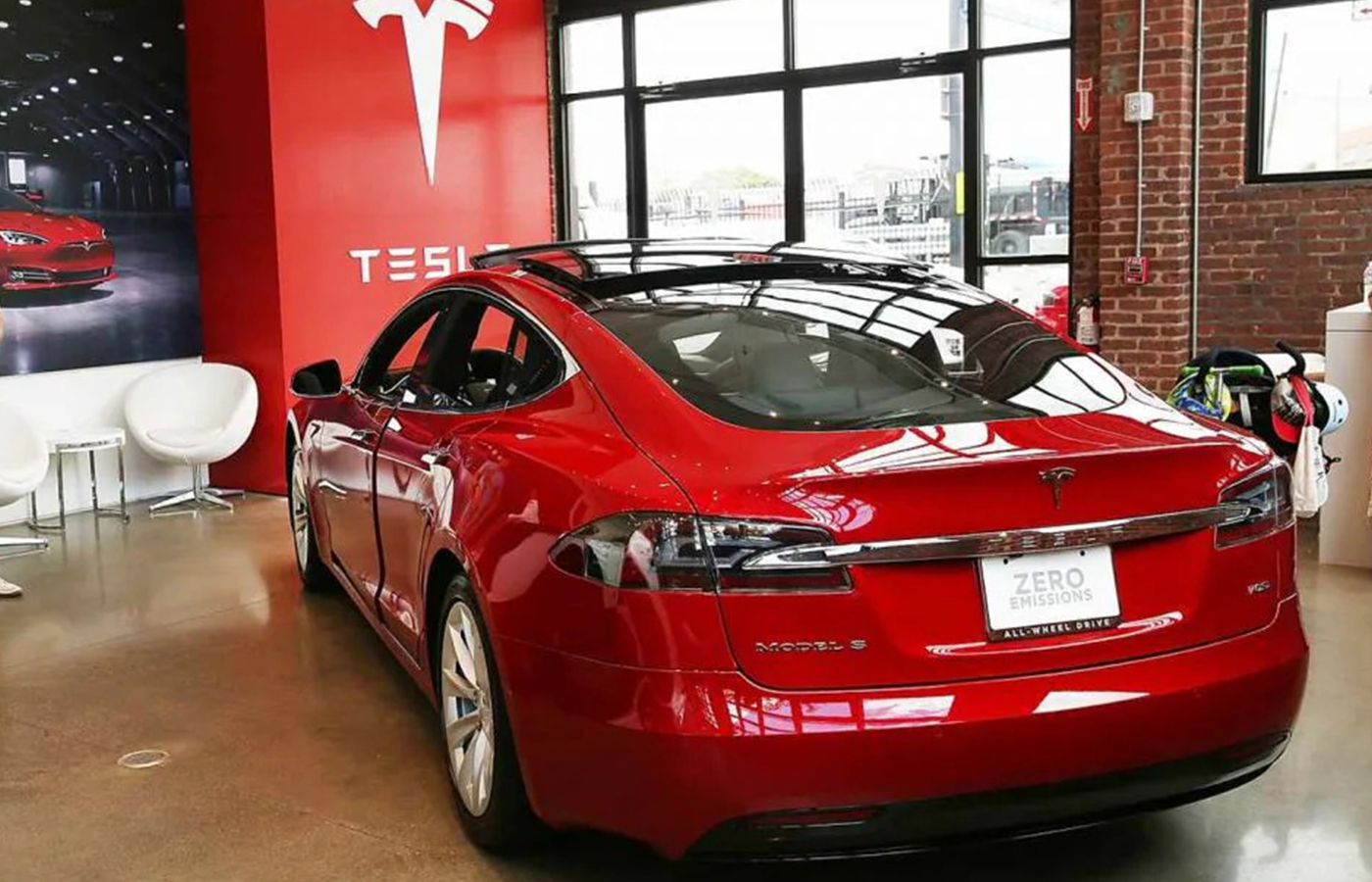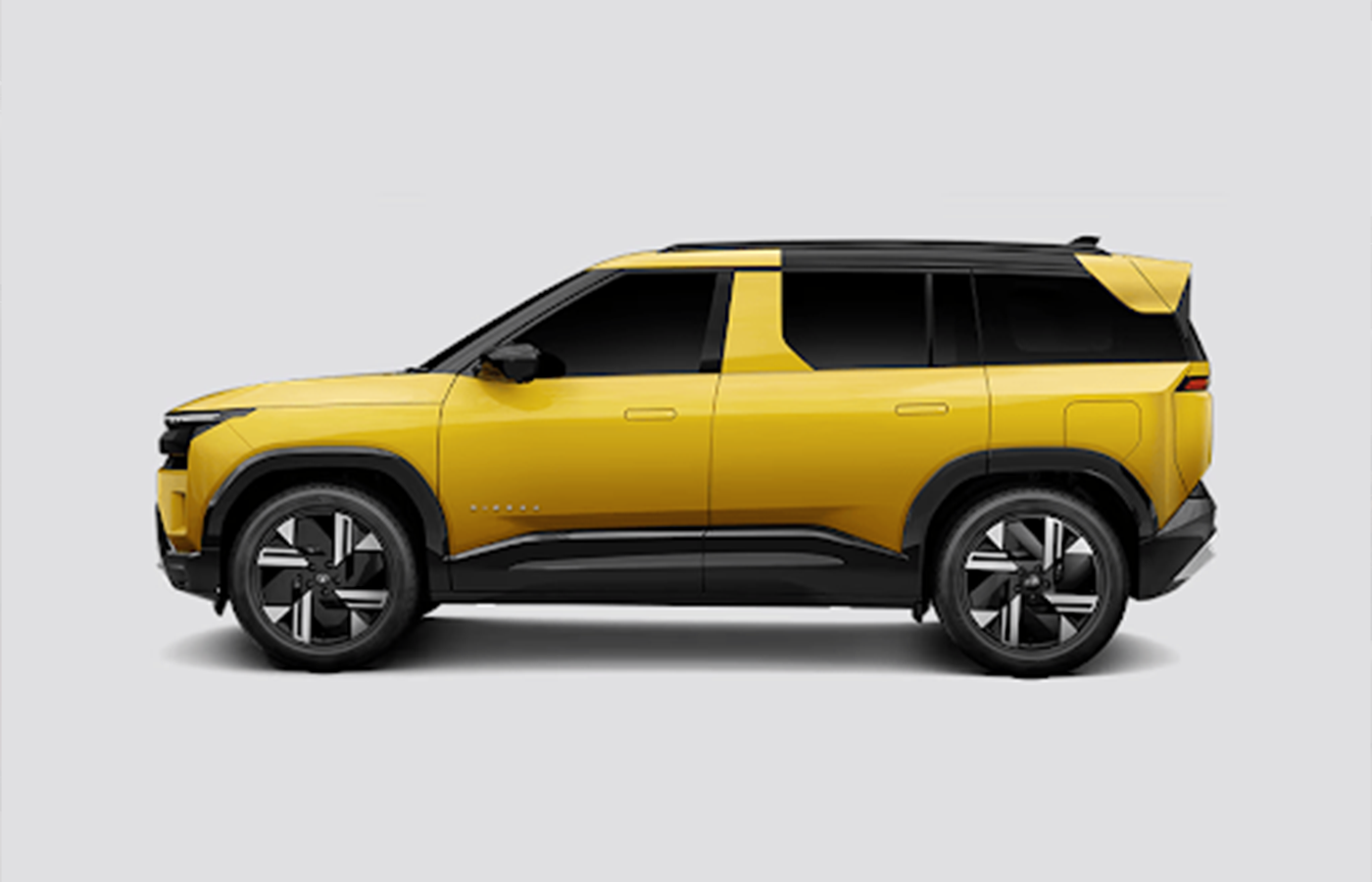Maruti Suzuki has kicked off the production of the e Vitara in Hansalpur, Gujarat.
.webp)
Maruti Suzuki, which is one of the key leaders in the passenger vehicle segment in the Indian market and is the largest manufacturer, has finally started the commercial production of its first all-electric vehicle, the E-Vitara, at the brand’s manufacturing facility in Gujarat. The production of E-Vitara was flagged by the honourable Prime Minister Shri Narendra Modi.
The production of the E-Vitara will be not only for the sale in India but the company will be also exporting the E-Vitara to more than 100 countries. However, the E-Vitara is already on sale in the UK markets and gets an option of two battery packs with a claimed range of more than 500 Km, which is impressive.
PM Modi also posted the same on X and said, “Today is the beginning of a new journey of self-reliance and being a hub for sustainable mobility. The E-Vitara is completely made in India and will be exported to more than 100 countries.”
The PM will be also flagging off the production of India’s first state-of-the-art lithium-ion battery and cell electrode-level localisation which could be utilized in next generation hybrid vehicles. These will be manufactured at the Toshiba Denso Suzuki site based in Gujarat.
.webp)
The event also featured several prominent guests, such as Gujarat Chief Minister Bhupendra Patel, Ambassador Keiichi Ono from Japan, and Toshihiro Suzuki, the President and Representative Director of Suzuki Motor Corporation.
Maruti Suzuki is now officially in the EV race.
Maruti Suzuki, being India’s biggest car manufacturer has certainly been late in joining the Indian EV market as various Indian manufacturers like Tata Group and Mahindra are miles ahead and has got the advantage of early lead in the country’s EV space, followed by various foreign auto companies like MG and Hyundai, which has established their strong dominance in the EV market.
Thus Maruti’s entry also comes at a stage where various manufacturers are rethinking their plans of going complete EV and scaling down their EV targets by witnessing a major drop in EV demand worldwide, which is because of the steep price curve and underdeveloped charging infrastructure, which is becoming a major hindrance in EV adoptions across the world.
.webp)
However, Maruti Suzuki is ambitious about their EV vision and are all set to introduce their first electric car in the country and are focussing on the production target of manufacturing 67,000 units in FY26. However, the majority of the units in this are projected for exports to countries like Japan and Europe.
The company will be launching up to four EVs at the end of this decade, with E-Vitara being the first EV to be introduced in the country.
Maruti Suzuki E-Vitara: our current understanding of the vehicle.
The current development of E-Vitara is facing several delays from its original launch timeline, as it was projected to launch in July 2025. The E-Vitara was first introduced at the Bharat Mobility Auto Expo 2025 and will be equipped with the smaller 49 kWh battery pack and a substantial 61 kWh battery pack. The international models also feature AWD versions, which could debut in India at a later stage.
.webp)
However, Maruti has not clarified about the exact range figures, but Maruti expects their larger battery pack to offer MIDC-certified range of more than 500 Km on a single charge.
The E-Vitara will be feature loaded too as it will be equipped with features like panoramic screen display, Wireless Apple CarPlay and Android Auto, Ventilated Front Seats, Powered Driver’s Seat, Reclining and Split rear seats, 7 Airbags, and Level 2 ADAS.
Maruti Suzuki is also working on developing the charging infrastructure by setting up DC fast chargers at their dealerships in top 100 cities, a dedicated charging app and more than 1,500 EV-specific service centers developed in more than 1,000 cities.


.webp)

